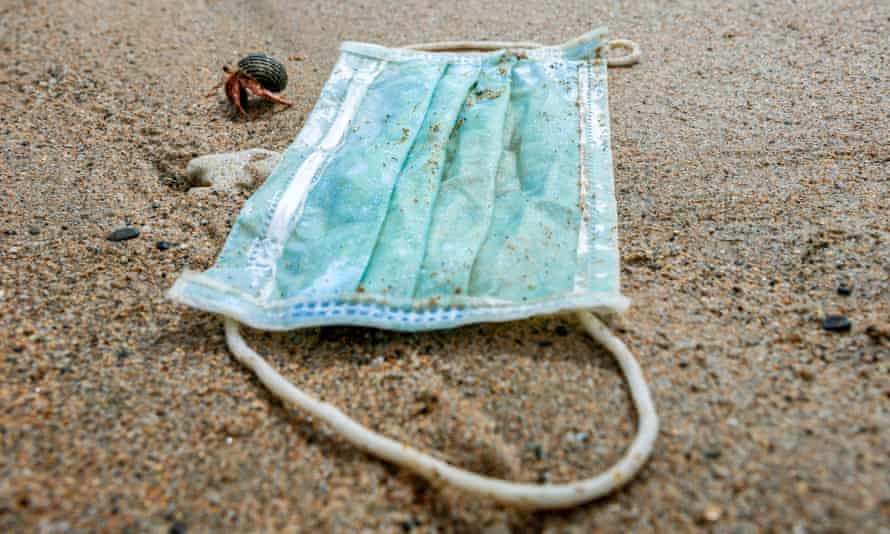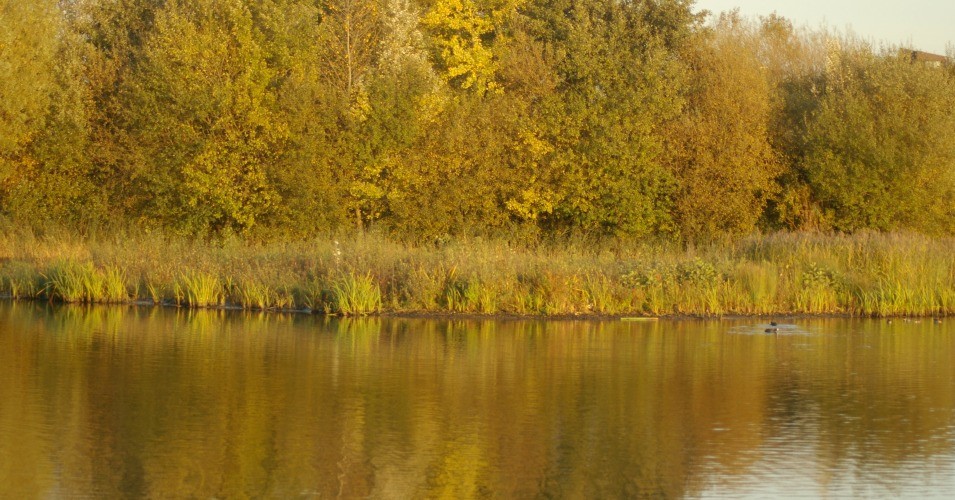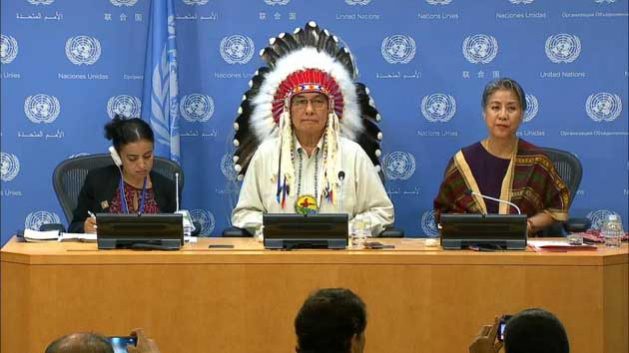
The world is running out of time to reach an ambitious deal to stem the destruction of the natural world, the co-chair of negotiations for a crucial UN wildlife summit has warned, amid fears of a third delay to the talks.
Negotiators are scheduled to meet in Kunming, China, in October for Cop15, the biggest biodiversity summit in a decade, to reach a hoped-for Paris-style agreement on preventing wildlife extinctions and the human-driven destruction of the planet’s ecosystems.
The summit was meant to take place in October last year but has been delayed twice due to the coronavirus pandemic.
Basile van Havre, a co-chair for the UN convention on biological diversity (CBD) negotiations, has raised the prospect of a third delay to the Kunming summit, which he fears would threaten the ambition of the biodiversity targets for this decade.
Van Havre said countries must meet in person for preparatory talks for at least two weeks if the biodiversity summit is to go ahead in China. He warned the talks were unlikely without a major push on vaccinations for delegates in developing countries and, given China’s restrictive travel policy, also called for another country to step up and host preparatory talks to help the process stick to the current schedule.
“In my view, the time has come to roll up our sleeves and put a practical plan on the table or face another delay. We need a proper plan,” Van Havre said. “If we need to delay by a few months, fine – everyone can understand that. But let’s give ourselves a full plan that enables us to meet the deadline and not wait for things to magically happen.
“If we’re not going to get together in the short term, we cannot have an ambitious agreement.”
Negotiators are approaching the end of gruelling virtual scientific and financial discussions for the agreement, which have been held six days a week for three hours. Timezone clashes have meant that some negotiators have been participating in talks in the early hours.
“I really feel for people that come from small island states in the Pacific where the negotiation is taking place at night. The lady representing Palau said she was negotiating at night and doing her job during the day, which is not what we had in mind,” Van Havre said, emphasising the importance of meeting in person.Advertisementhttps://f572d467114db3849a860f06074a6bc0.safeframe.googlesyndication.com/safeframe/1-0-38/html/container.html
A decision is expected on the next steps for the Kunming summit in mid-June.
Li Shuo, a policy adviser for Greenpeace China who has been following biodiversity negotiations closely, said it was clear decisions had to be made face to face, not online.
“The virtual talks are not flawless; they have helped advance the discussion. The problem is there is just so much work. They are only doing three hours a day – it is simply not enough time,” Li said.
“It is not likely that China will allow thousands of diplomats to come with the pandemic. What if someone tested positive on the second day of the Cop? A normal Cop15 in October that completes all its major tasks are difficult.”
Resource extraction, agricultural production and pollution are driving what some scientists believe is the sixth mass extinction of life on Earth, with 1 million species at risk of disappearing largely as the result of human activity. The world has never met a single UN target to prevent the destruction of nature.





 Members of a rescue team pray before working in a collapsed tailings dam owned by a mining company in Brumadinho, Brazil, Feb. 13, 2019. (Credit: CNS photo/Washington Alves, Reuters.)
Members of a rescue team pray before working in a collapsed tailings dam owned by a mining company in Brumadinho, Brazil, Feb. 13, 2019. (Credit: CNS photo/Washington Alves, Reuters.) photo caption: The Trump administration unveiled a regulatory
photo caption: The Trump administration unveiled a regulatory “This is the wrong choice at the wrong time for the Democrats,” said David Turnbull, strategic communications director with Oil Change USA. (Photo: J. Scott Applewhite/AP)
“This is the wrong choice at the wrong time for the Democrats,” said David Turnbull, strategic communications director with Oil Change USA. (Photo: J. Scott Applewhite/AP)